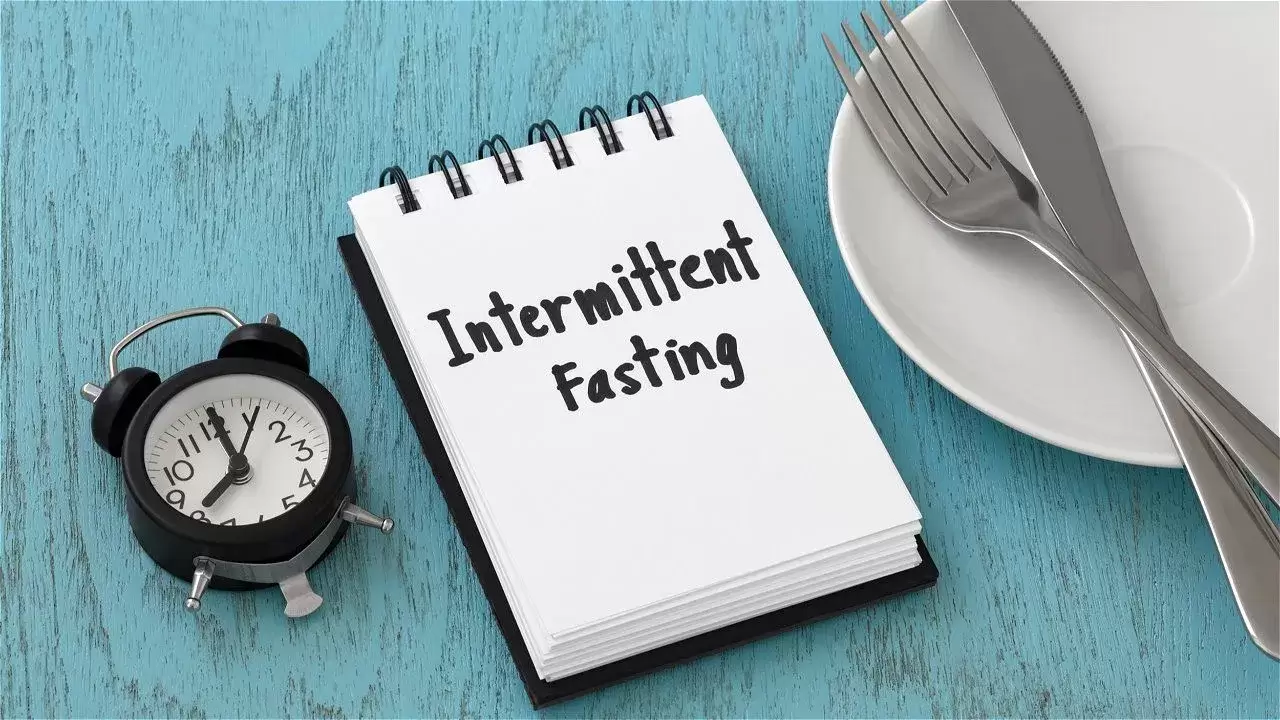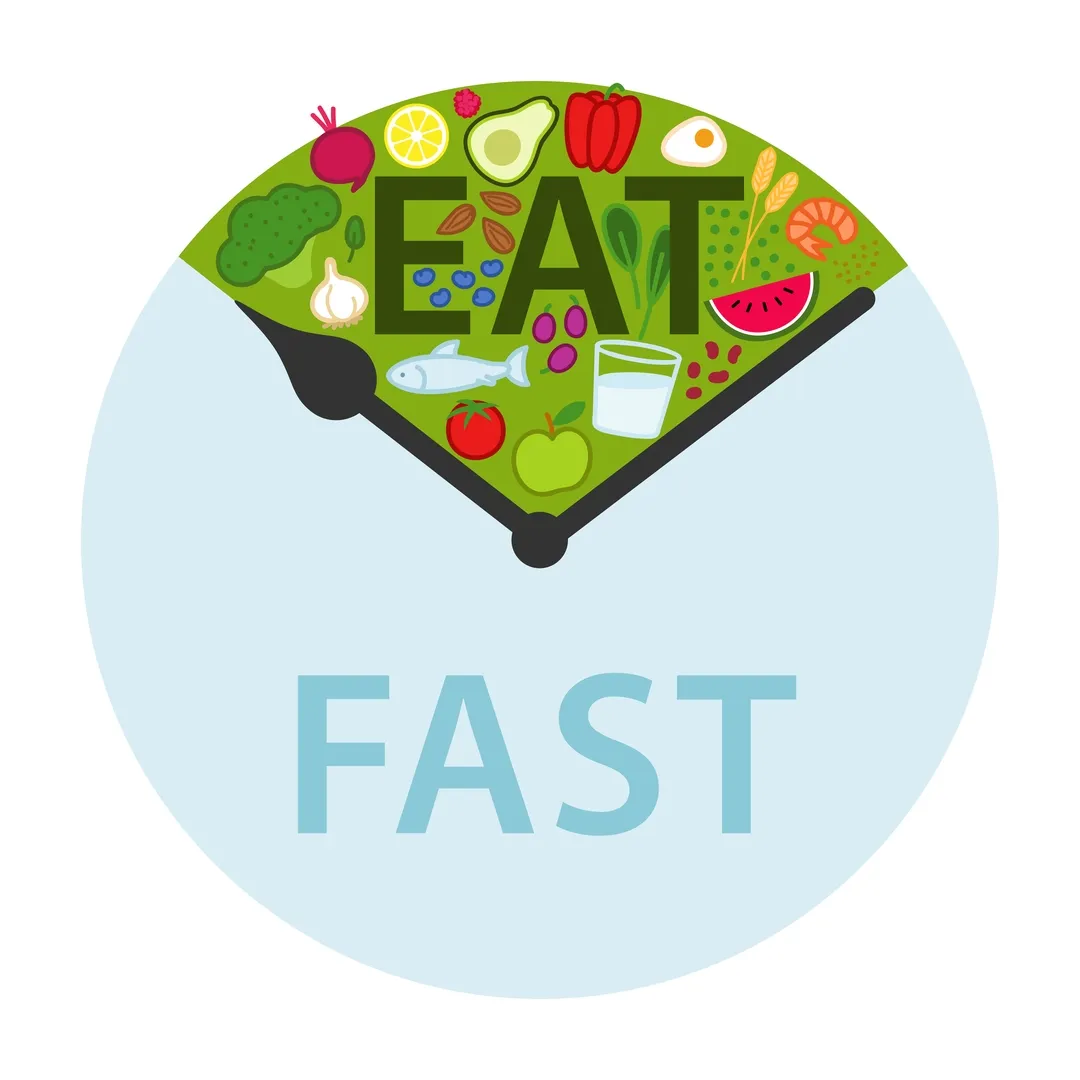
Intermittent fasting is highly recommended for everyone, but especially for chronic patients. Intermittent fasting is an incredible tool for resetting the metabolism. When the digestive system rests, the body can initiate tissue rehabilitation. The benefits of intermittent fasting are far beyond slimming.
Intermittent fasting - introduction. Fasting as a healing method has been known for thousands of years.
People today tend to eat late, including at night. (Not recommended)
- The immune system can repair it when the digestive system does not operate at a high load.
- There is no need for a zero-calorie diet during fasting days. Starvation diets decrease metabolism, including mechanisms designed to protect the brain.
- Drinking hot soup with natural fat is recommended because the bowels require lubrication, and natural fat helps replenish bowel tissue.
Intermittent fasting results in weight loss, but its benefits go far beyond slimming.
What are the two types of intermittent fasting?
Recommended link: Intermittent fasting (Wikipedia)
Both methods have health benefits and are combinable.
- The more familiar and comfortable diet is the 16:8 diet, which is only eaten during the daytime. (It is also essential to eat natural and unprocessed food.)
- The second method is fasting for several days intermittently. This method is more challenging to perform.
Eating natural foods only during the day is recommended to strengthen the immune system and lose weight.

The 16/8 diet is a version of intermittent fasting,
This diet, which is relatively easier to follow, has significant health benefits beyond weight loss.
- The 16/8 diet is based on 16 hours of fasting and 8 hours of eating.
- There are no restrictions on the 8 hours you can eat, so the diet has become very popular.
- The diet may be excellent for those who eat varied, non-industrial, and unprocessed foods during the daytime.
- Eating industrialized and processed foods for hours of the day loses all the benefits of this diet.
My experience with intermittent fasting.
During my extended stays in China, I often fasted for three or four sessions in a row.
- I followed a four-day diet consisting mainly of vegetables and a four-day low-calorie diet consisting of only two big cups of chicken soup daily.
- I drank water and tea (without sugar) whenever I was thirsty.
- Surprisingly, it was not very difficult, mostly because I walked a lot.
- Usually, after four days of fasting, I did a liver flush. It takes a lot of energy from the body and involves pain and discomfort.
- During the fasting days, I felt better. I lost weight quite rapidly. However, the low-calorie diet was combined with 8-10 km walks daily.
- I practiced intermittent fasting in the autumn and winter. Adhering to this regimen in cooler weather is easier than during the hot summer.
Several studies on the subject are available on the Internet. Most of them refer to intermittent fasting as a technique for fast weight loss.
Benefits and side effects of intermittent fasting.
- It helps empty the digestive system of food leftovers and toxins. It also enables the replenishment of good bacterial flora in the gut.
- It regulates insulin, glucagon, and other hormones and enzymes secreted by the pancreas. Allowing the pancreas to rest from these hormones and enzymes' constant production will enable it to regenerate.
- It can be an excellent rehabilitative treatment for diabetes patients. (Types 1 and 2)
- Initialization of the hunger-satiety mechanism.
- When the entire digestive system rests, the liver and kidneys also can regenerate damaged tissue.
- All bodily organs (Including the brain) regenerate damaged tissue when not overloaded.
- Regeneration of bodily organs is the key to good health and rejuvenation. (Regeneration requires nutrients, so it is essential to do bodybuilding on non-fasting days. (I ate one egg daily with plenty of vegetables, roots, sprouts, and fruit.)
Intermittent fasting risks and side effects.
- Intermittent fasting is safe without any significant side effects. (When following the Guidelines.)
Safe Intermittent fasting guidelines and recommendations.
General recommendations concerning intermittent fasting.
- If there are no significant side effects, it is advisable to start with a single fast and continue with an additional fasting series.
- The number of days of fasting and respite with days of eating depends on personal preference; however, it is advisable not to overdo the continuous amount of fast days.
- It is not advisable to fast on and off during a boiling period of the year.
- Intermittent fasting can be performed without any hard physical effort.
- Regular sleep of 7-8 hours will help achieve optimum results. The regeneration of damaged tissues takes place mainly at night.
What is recommended to eat and drink?
- On the days of fasting, there is no need for a zero-calorie diet. I recommend drinking hot soup. Organic chicken soup with a small bowl of moist starches, such as rice, is preferred.
- In the days between one fast and the next, it is essential to consume food and beverages reasonably; eating fresh vegetables and fruits with natural oils will allow the regeneration of bowel tissue and better absorption of nutrients. It is advisable to reduce animal protein consumption significantly; you can eat deep-water fish (Preferably caught in the wild) or goat milk yogurt.
- Drink a lot, preferably lukewarm or hot water, tea, or black coffee. (Without sugar or milk).
Avoid or Minimize.
- It is advisable to avoid processed and industrial food and beverages.
- Smoking and alcohol consumption will dramatically reduce the inherent benefits, so avoiding smoking and drinking alcohol during intermittent fasting is desirable.
I wish everyone who does intermittent fasting a secure and beneficial fast. Intermittent fasting is beneficial for triggering tissue regeneration.

Intermittent fasting can initiate tissue regeneration while boosting the immune system and reactivating the hunger-satiety mechanism. Intermittent fasting is highly recommended for everyone, but especially for chronic patients. Intermittent fasting is an incredible tool for resetting the metabolism. When the digestive system rests, the body can initiate tissue rehabilitation. The benefits of intermittent fasting are far beyond slimming.

